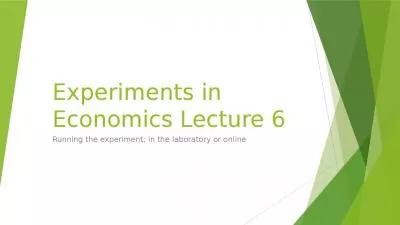PDF-Guidelines for APA 4Page numbers and running head
Author : conchita-marotz | Published Date : 2015-07-23
In the upper righthand corner of each page beginning with number To create a running header click on Insert click OK The page number will appear Leave 5 spaces between
Presentation Embed Code
Download Presentation
Download Presentation The PPT/PDF document "Guidelines for APA 4Page numbers an..." is the property of its rightful owner. Permission is granted to download and print the materials on this website for personal, non-commercial use only, and to display it on your personal computer provided you do not modify the materials and that you retain all copyright notices contained in the materials. By downloading content from our website, you accept the terms of this agreement.
Guidelines for APA 4Page numbers and running head: Transcript
Download Rules Of Document
"Guidelines for APA 4Page numbers and running head"The content belongs to its owner. You may download and print it for personal use, without modification, and keep all copyright notices. By downloading, you agree to these terms.
Related Documents














